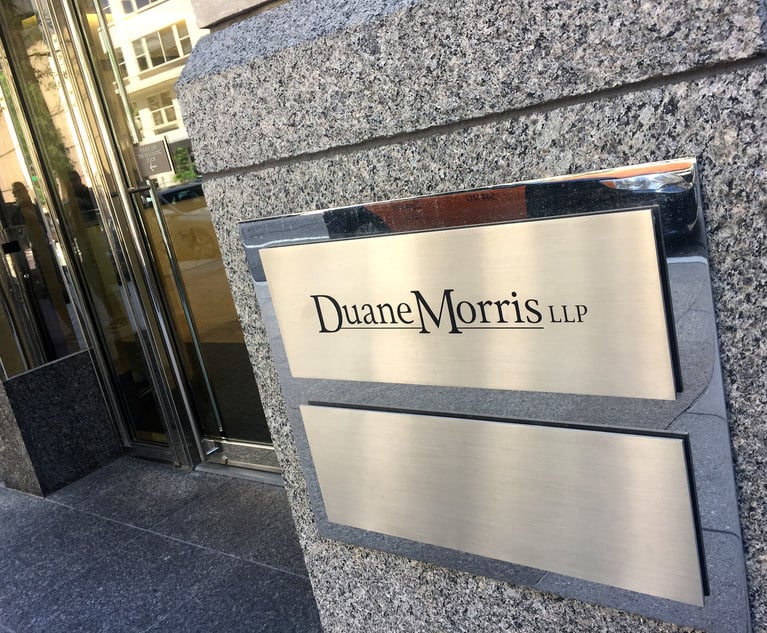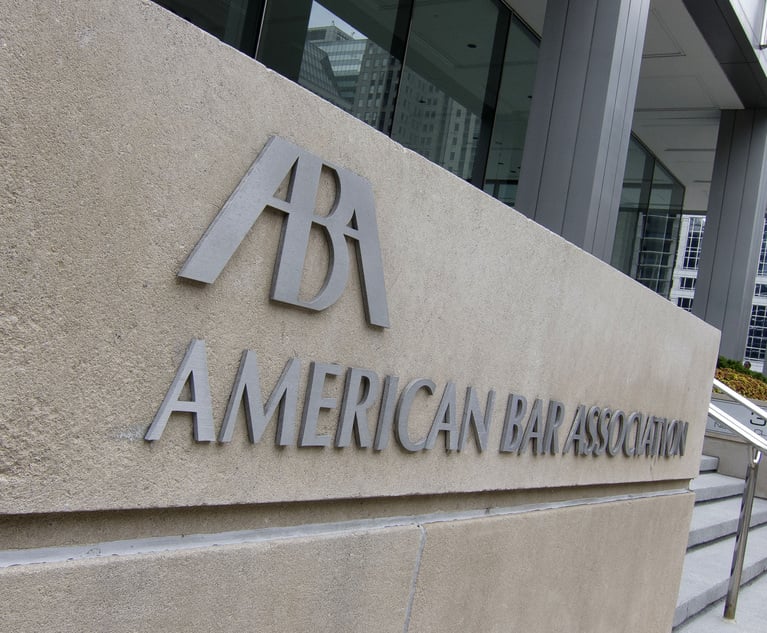Welcome back to Ahead of the Curve. I’m Karen Sloan, legal education editor at Law.com, and I’ll be your host for this weekly look at innovation and notable developments in legal education.
I’m taking a little break from coronavirus coverage this week to focus on some of the stories I’ve missed in recent weeks because I’ve been chasing the many ways COVID-19 is upending legal education. More specifically, I’m looking at a trio of reports released recently that look at law schools and lawyer licensing. First is the long-awaited report from the ABA’s Commission on the Future of Legal Education. Next, I’m looking at Law Schools Transparency’s plan to bring the cost of legal education down in the next five years. Last is a look at the second of three reports from a National Conference of Bar Examiners task force that looking at the future of that all-important licensing exam.









